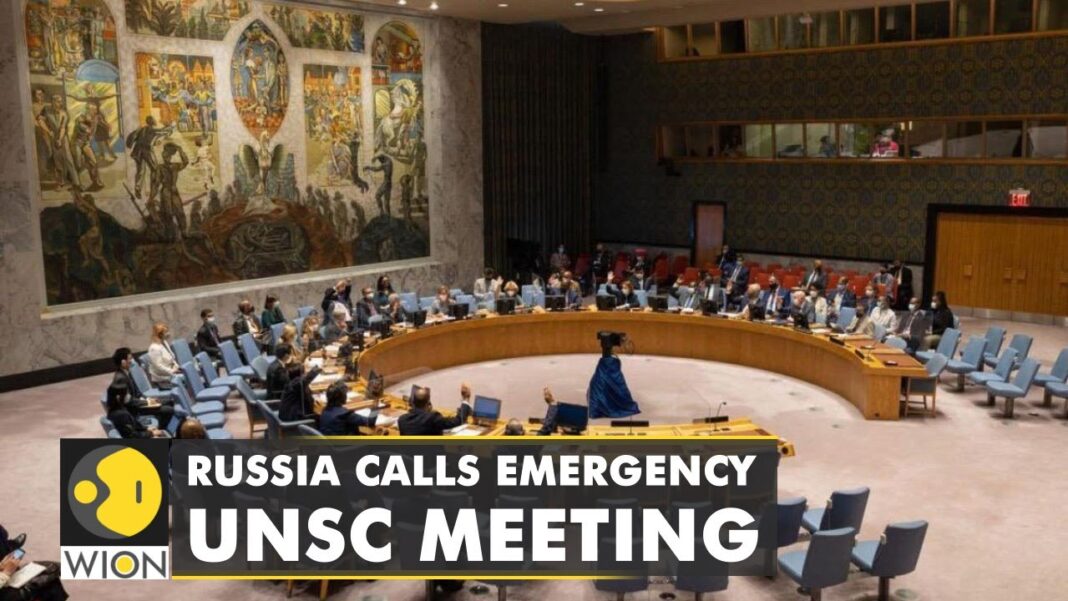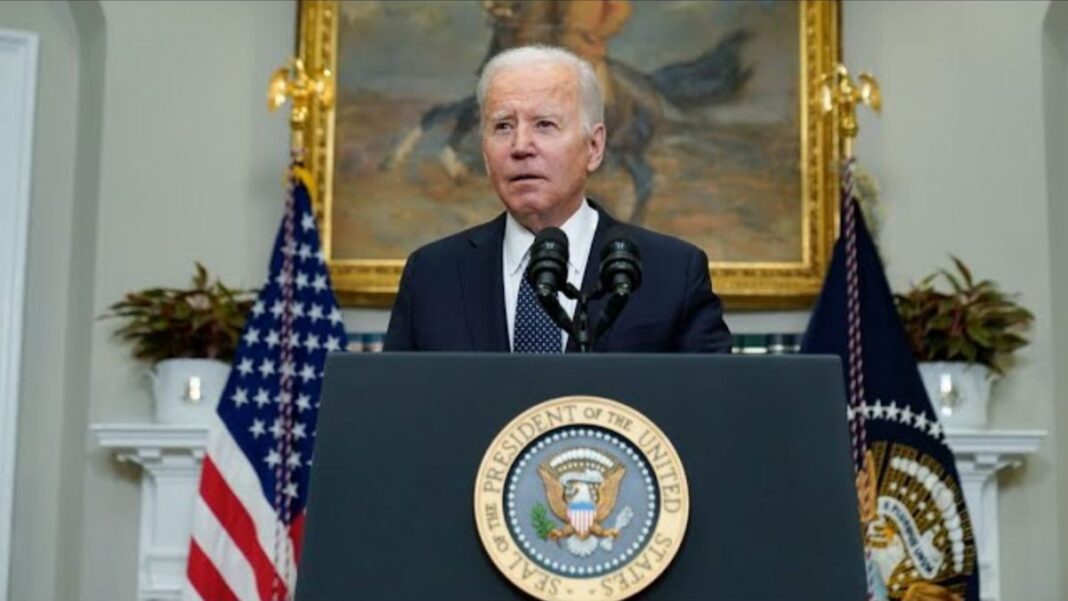Decision: Mandate nuclear power plant licensees to use existing technologies to monitor and ensure long term cooling of spent nuclear fuel to prevent fatalities and extensive radiation contamination.
Reason: If a nuclear site loses off-site grid power and emergency backup power to its systems cooling spent nuclear fuel, fires and explosions can result in the release of radioactive materials which could contaminate large areas. If a long-term loss of electric power occurred across a widespread multi-state area and current back-up power systems failed or ran out of fuel, there is a real risk of radioactive contamination throughout the lower 48 states – a true environmental and societal catastrophe.
Background: Media reports about wartime threats to nuclear power infrastructure in Ukraine, including the loss of offsite power to nuclear fuel storage facilities at the Chernobyl nuclear site, should bring into focus a vulnerability of our own spent nuclear fuel here in the U.S. According to the Union of Concerned Scientists’ Institute of Nuclear Materials Management, about 86,000 tons of this spent fuel is stored on-site or near 75 sites in 33 states.
In February 2011, the Foundation for Resilient Societies submitted a Petition for Rulemaking to the NRC [PRM-50-96] that proposed long-term backup power for spent fuel pools at nuclear power plants because of the potential for human or mechanical error to interrupt power from emergency diesel generators (EDGs) currently employed for back-up power and for which the NRC requires only 7 days of fuel. Five weeks later, the Fukushima disaster served as a worldwide wake-up call on nuclear safety.
Between 2018 and 2020, The White House, Department of Defense (DOD), Department of Energy (DOE), the NRC, and Air University hosted multiple interagency exercises examining the likelihood of prolonged electric power outages and consequent impacts to U.S. nuclear reactors and safety systems – including spent nuclear fuel. The unclassified findings and recommendations were published in Air University’s special collection called The Lemay Papers. These reports and their annexes are the most read documents in Air University history, note the same vulnerabilities associated with previous reports and promote a series of similar recommendations, including that the NRC mandate the use of existing technologies to ensure long term cooling of spent nuclear fuel.
In September 2021, the Government Accountability Office concurred that spent fuel “—can pose serious
environmental, public health, and security risks if not properly managed,” warned that the “amount of spent fuel is growing by about 2,000 metric tons annually,” and recommended Congressional action to and “develop a permanent disposal solution.”
The best permanent disposal solution would be the recycling of this spent nuclear fuel for use in advanced small modular reactors (SMRs) to power the U.S. for nearly 1000 years with clean, carbon free, electricity – an idea already promoted to the current Secretary of Energy on numerous occasions.
In the meantime, though, it is most critically important that spent fuel be protected, constantly monitored, and its cooling systems be capable of providing long-term “walk-away safe” power through methods of “High Reliability Unattended Power Production.”
Specific Recommendations: Through a Presidential Executive Order or an amendment of the Code of Federal Regulations (CFR), mandate that nuclear power plant licensees immediately incorporate the following measures for spent nuclear fuel storage pools:
(1) High Reliability Unattended Power Production technologies: The Foundation for Resilient Societies’ 11-year-old recommendations [within PRM-50-96] for High Reliability Unattended Power Production included three technologies which are commercially available today: Organic Rankine Cycle power production, Solar Photovoltaic power production, and Thermoelectric Generator power production. More recently, small modular reactors (SMRs) have gained prominence for all-hazards resilient, walk-away-safe power producers. While SMRs installed at existing nuclear sites for augmented power production would be ideal as a source of back-up power for safety systems, any and all currently available technologies must be immediately assessed and incorporated to augment/replace the current emergency diesel generators that provide back-up power to safety systems that keep spent fuel cool.
(2) Real-time surveillance and monitoring systems: If, in the wake of the Fukushima accident, nuclear power plant licensees do not already employ physical surveillance systems, radiation monitors, and pool temperature monitors for infrastructures storing and cooling spent nuclear fuel, these should be immediately installed. Monitoring data should be made available in real time to:
- The Strategic Alliance for FLEX Emergency Response (SAFER) centers located in Memphis, Tennessee and Phoenix, Arizona. These SAFER centers are the nuclear-industry-led national response centers that help meet the requirements of the NRC’s Mitigation Strategies Order, issued after the Fukushima accident. They provide “Diverse and Flexible Mitigation Capability” (FLEX) portable equipment to help provide cooling to nuclear plants experiencing an emergency such as what took place during the Fukushima accident.
- State-level fusion centers in where nuclear power plant licensees reside. State-level emergency response assets (National Guard, State Guard, State Police, Fire crews, etc.) should be informed on what must be done to maintain spent fuel cooling and refuel existing emergency diesel generators until the above “High Reliability Unattended Power Production technologies” are adequately installed at spent fuel storage pool sites.
Pushback: For more than a decade the Nuclear Regulatory Commission (NRC) has allowed this prospect of environmental and societal catastrophe to persist with respect to spent nuclear fuel, possibly because of the effectiveness of the electric utility lobby in convincing policymakers that they will never suffer a pro-longed and widespread outage of electricity. If the NRC agrees with the industry’s optimistic assumptions and thus considers long term loss of offsite power a low level of risk, they may not see the costs of these recommendations as warranted. The NRC is generally responsive to Congress, but Congress itself has been lulled into complacency by the utility lobby and has not pushed the NRC to tackle this problem. We can expect the utility industry, particularly the nuclear industry, to push back on making the investments needed to realize the above recommendations. For that reason, these investments should come from the existing $1.2 trillion Infrastructure bill.
The Bottom Line: The security of the electric grid against known threats is a true national emergency. A widespread, long-term loss of grid power puts at risk the cooling systems for spent nuclear fuel. This risk has been ignored for more than a decade while technologies exist which can mitigate it. The time is now to mandate that the risks associated with spent nuclear fuel be immediately remedied.
By Tommy Waller
Director of Infrastructure Security
Read Original Article on CenterForSecurityPolicy.org
Take Action: Tell Congress & NRC to Secure Spent Nuclear Fuel








